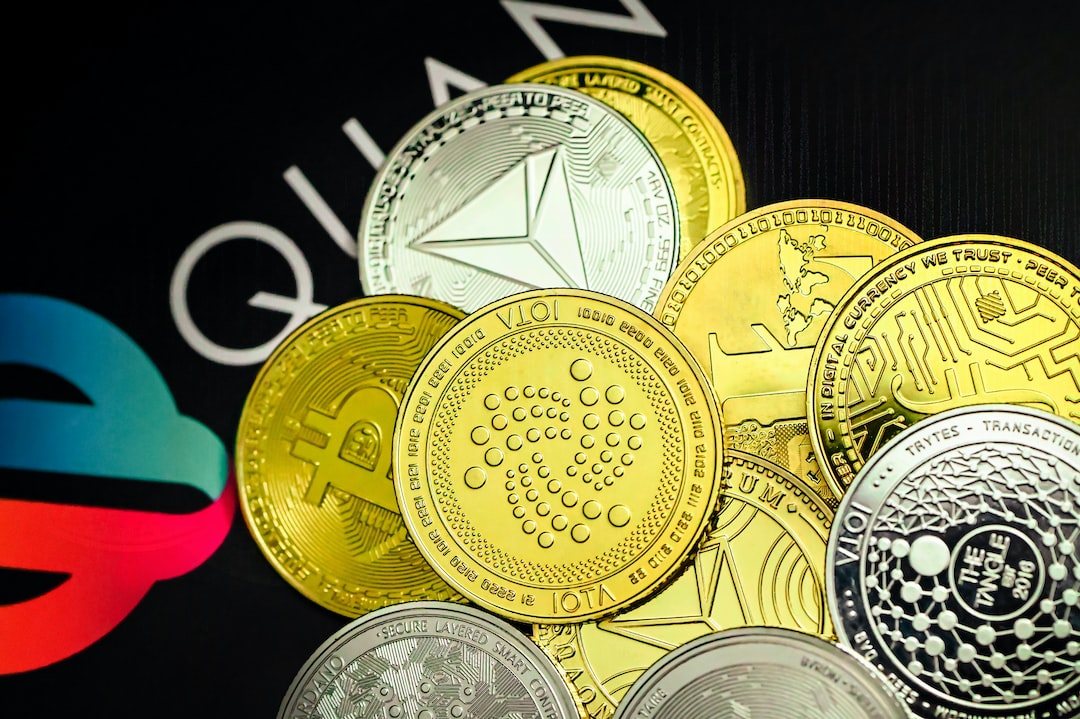Cryptocurrency Regulations Worldwide
When it comes to cryptocurrency, regulations vary widely from country to country. Some nations have embraced digital currencies, while others have implemented strict regulations or outright bans. If you’re involved in the world of cryptocurrency, whether as an investor, trader, or developer, it’s essential to understand the global perspective on cryptocurrency regulations. This article will provide you with an overview of how different countries around the world are approaching cryptocurrency regulation.
United States
The United States has taken a relatively cautious approach to cryptocurrency regulation. The Securities and Exchange Commission (SEC) has been actively monitoring the market and has classified some cryptocurrencies as securities. The Internal Revenue Service (IRS) treats cryptocurrencies as property for tax purposes, and the Commodity Futures Trading Commission (CFTC) regulates digital assets as commodities. While there is no federal framework for regulating cryptocurrencies, individual states have started implementing their own laws and regulations.
European Union
In the European Union (EU), cryptocurrency regulations vary from country to country. Some nations have embraced digital currencies and have enacted legislation to regulate them, while others have taken a more cautious approach. The EU’s Fifth Anti-Money Laundering Directive (5AMLD) requires cryptocurrency exchanges and wallet providers to comply with anti-money laundering and counter-terrorist financing regulations.
China
China has taken a strict stance on cryptocurrency regulation. In 2017, the Chinese government banned initial coin offerings (ICOs), citing concerns about fraud and illegal fundraising. It also shut down domestic cryptocurrency exchanges. While owning cryptocurrencies is not illegal in China, the government has imposed strict regulations on their use and trading.
Japan
Japan has emerged as one of the most crypto-friendly countries in the world. In 2017, it became the first country to regulate cryptocurrency exchanges through its Payment Services Act. The Japanese Financial Services Agency (FSA) oversees the regulation of digital currency exchanges and enforces strict security measures to protect investors.
Singapore
Singapore has positioned itself as a hub for blockchain and cryptocurrency innovation. The Monetary Authority of Singapore (MAS) regulates digital payment tokens under its Payment Services Act. It has also implemented robust anti-money laundering and counter-terrorist financing measures to ensure the integrity of its financial system.
Key Takeaways
- The United States takes a cautious approach to cryptocurrency regulation, with individual states implementing their own laws.
- The European Union’s 5AMLD requires compliance with anti-money laundering regulations for cryptocurrency exchanges.
- China has imposed strict regulations on ICOs and domestic cryptocurrency exchanges.
- Japan was the first country to regulate cryptocurrency exchanges through its Payment Services Act.
- Singapore has positioned itself as a hub for blockchain and cryptocurrency innovation with robust regulatory measures in place.
Frequently Asked Questions
What are some common regulatory measures for cryptocurrencies?
Common regulatory measures for cryptocurrencies include anti-money laundering requirements, know-your-customer procedures, licensing requirements for exchanges, and taxation policies for crypto transactions.
How can I stay compliant with cryptocurrency regulations?
To stay compliant with cryptocurrency regulations, it’s essential to stay informed about the laws in your jurisdiction, work with legal counsel if necessary, implement robust security measures to protect your assets, and report your crypto transactions accurately for tax purposes.
Are there any countries that have banned cryptocurrencies?
While some countries have imposed strict regulations on cryptocurrencies, very few have outright banned them. It’s important to research the specific laws and regulations in each country before engaging in any crypto-related activities.
As you navigate the world of cryptocurrency, it’s crucial to stay informed about global regulations that may impact your activities. Understanding how different countries approach crypto regulation will help you make informed decisions about investing, trading, or developing new projects within this rapidly evolving industry.





 By
By
 By
By
 By
By
 By
By

 By
By